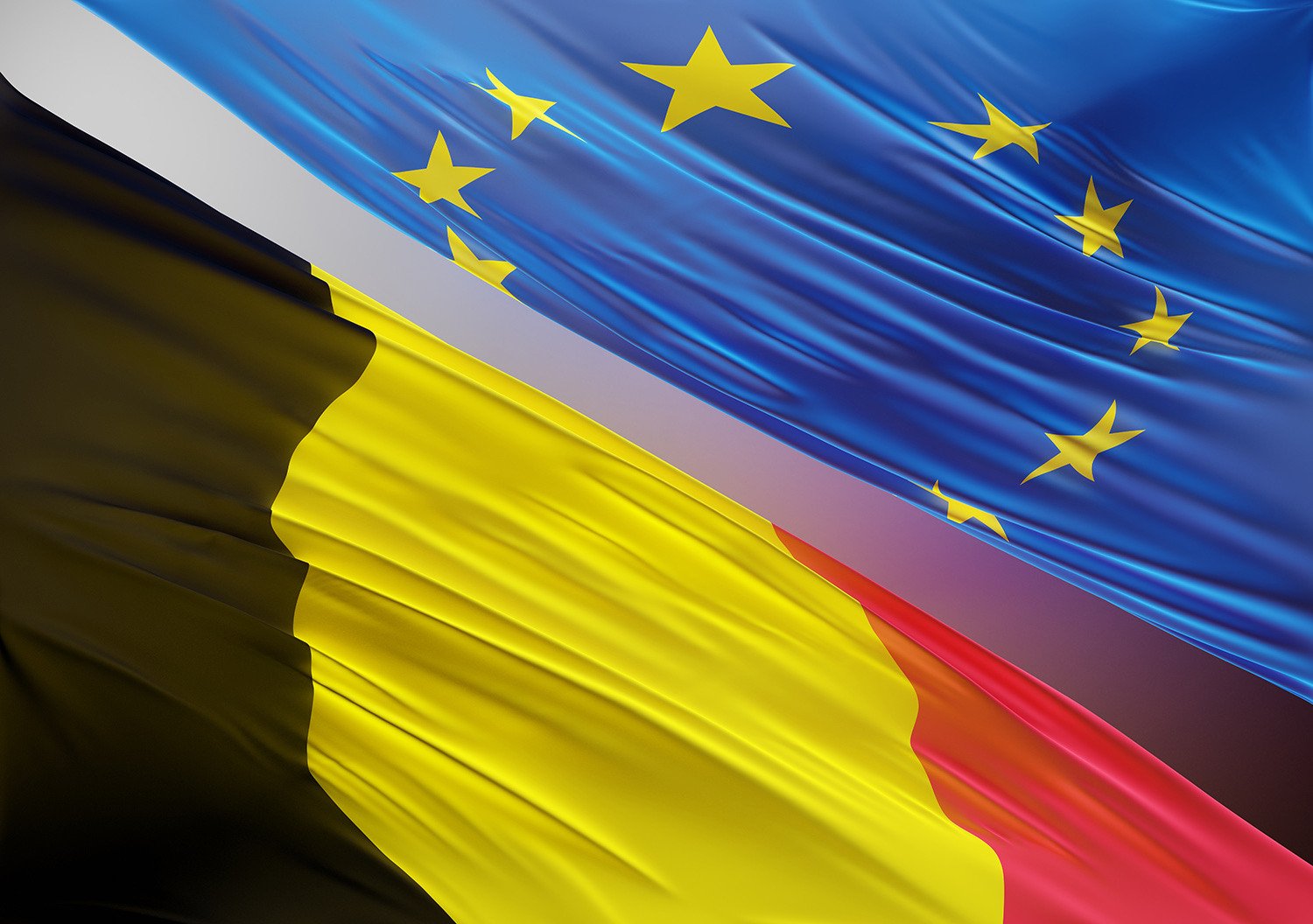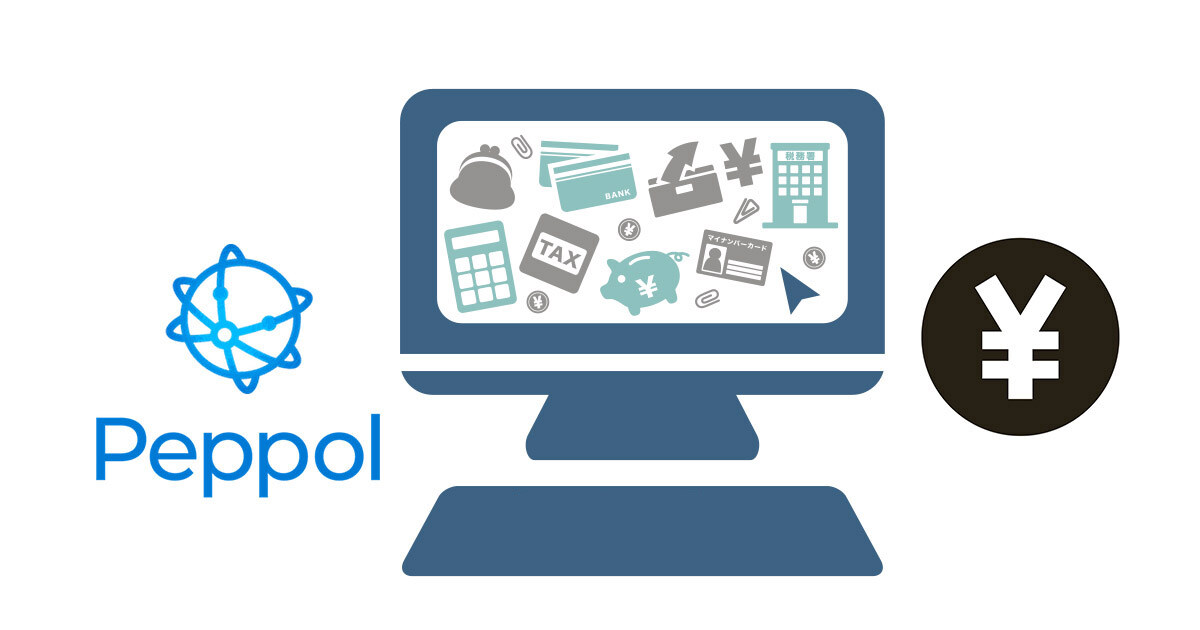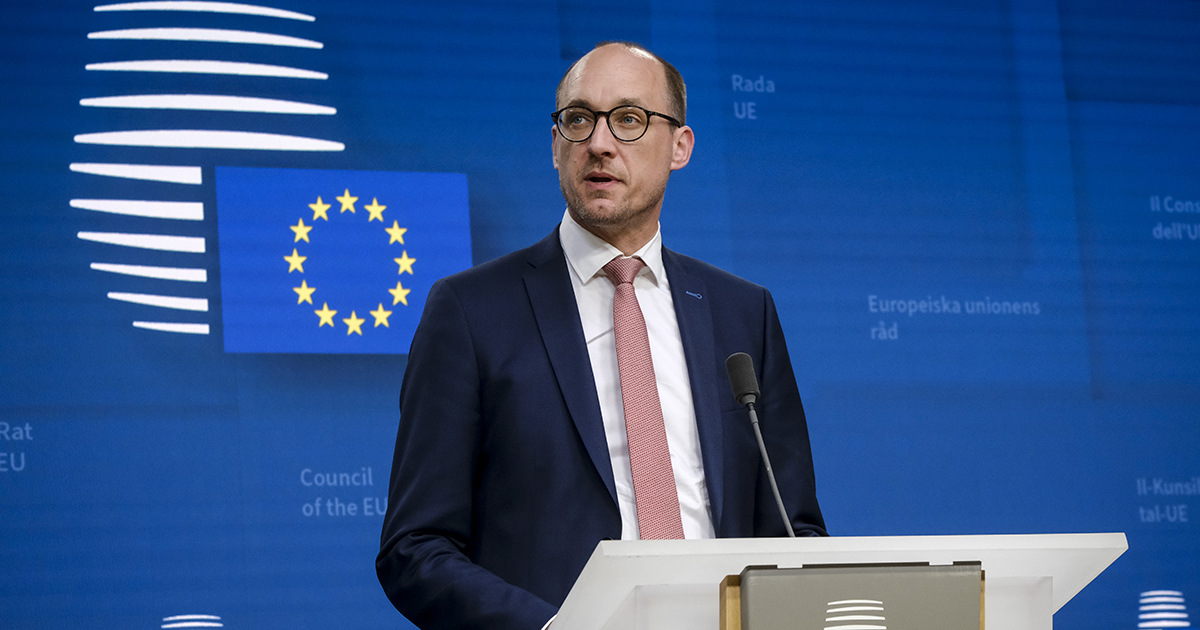Mandatory e-invoice for Belgian businesses in 2026

Belgium is now taking a big step towards modernizing and streamlining the country's domestic financial transactions. It is definitely clear that as of January 1, 2026, electronic invoicing will become mandatory for almost all commercial transactions between Belgian businesses subject to VAT (B2B).
The aim of the requirement is to promote digitization and, through simplification, to make invoicing processes faster and more transparent.
On October 15, the Belgian Federal Public Service Finance (FPS) announced a list of approved accounting software for e-invoicing. As of January 1, 2026, these programs will become mandatory for domestic companies and guarantee the smooth exchange of Peppol-based structured B2B e-invoices between companies within the country.
Already implemented in the public sector
However, the implementation of mandatory electronic invoicing will not be without exceptions. Transactions involving supplies or services to persons for private use, so-called business-to-consumer (B2C) transactions, will not be covered by the new law.
It is worth pointing out in this context that to public authorities, business-to-government (B2G), electronic invoices are already mandatory in Belgium. More precisely for purchases made after March 1 this year. This B2G initiative is part of a broader strategy to gradually introduce digital solutions in the public sector. For companies doing business with the public sector, electronic invoicing is required for contracts worth €3 000 or more, excluding VAT. But there are authorities with stricter rules. Some have been using e-invoicing for lower amounts since the spring.
Peppol's quadrangle model
Belgium benefits from Peppol's established four-corner model, but other platforms can also be used if all parties agree and they meet EU requirements. In the long run, companies will have to report a summary of their e-invoices to the tax authorities, but only after the invoice is completely correct.
In the long term, however, Belgium has set its sights on a five-corner Peppol model.
This means not only e-invoicing but also e-reporting, and then almost in real time. The intention is that it will in turn replace the annual customer quotation report.
The overall aim of the forthcoming legislation is clear. It is to reduce the VAT gap, of course. According to EU estimates, the VAT gap - the difference between estimated and actual VAT collected - in Belgium is around €4.8 billion each year.
Source: finance.belgium.be


